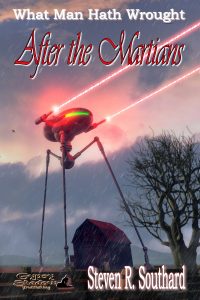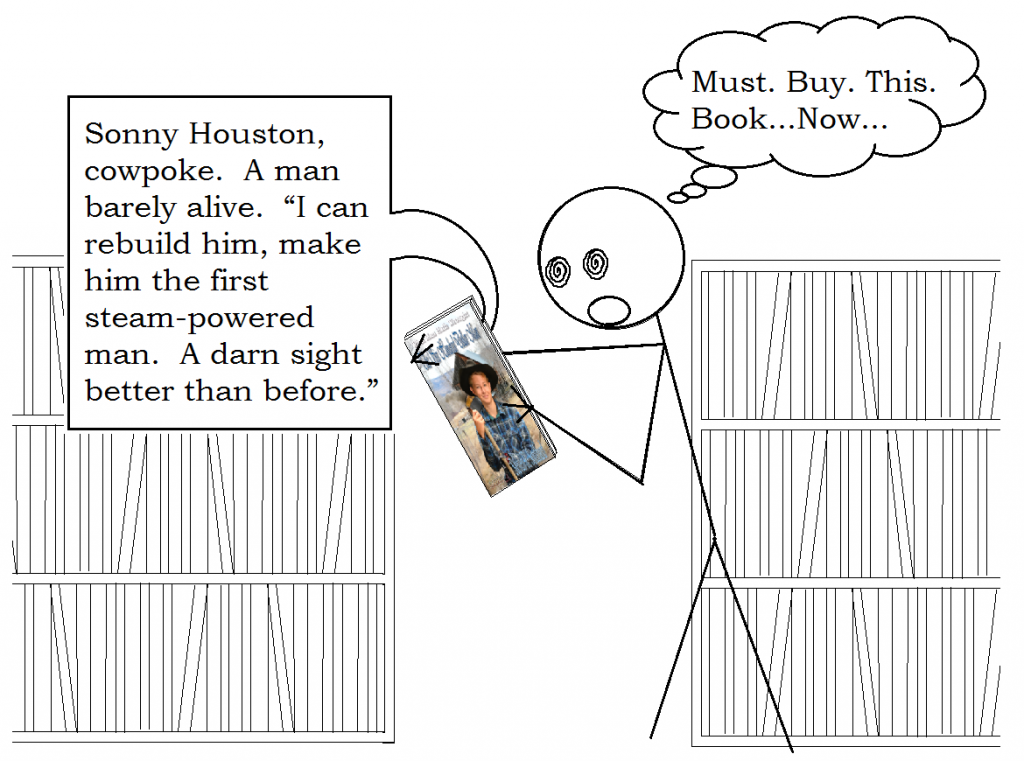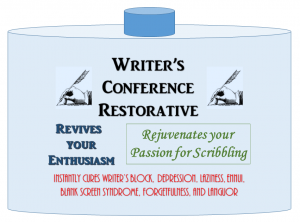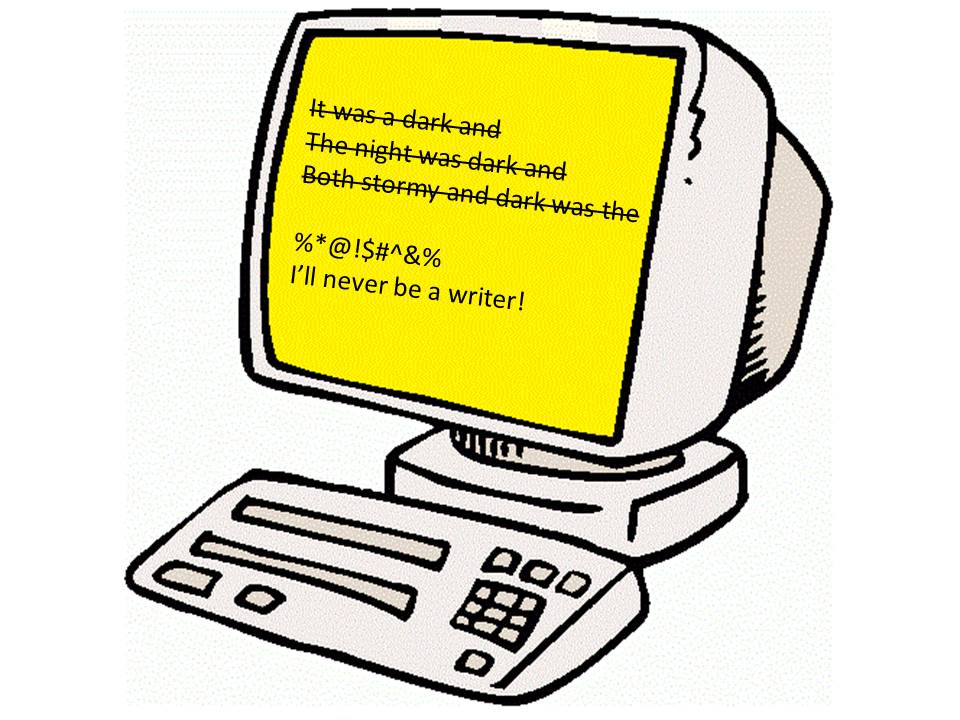Once again, some stories of mine got published. The anthology Ain’t Our First Rodeo: Another Fort Worth Writers Anthology just came out.
They roped me into co-editing this anthology, the third for which I’ve served in an editorial capacity. With any luck, another geological epoch will pass before I edit another one.
We wrangled a lot into this volume. Altogether, seventeen authors contributed eighty-six works, including poems, essays, chapter excerpts, and short stories. They hogtied every mood, topic, style, and tone you can imagine, and then some you can’t imagine.
As a rule, I don’t put my own stories in anthologies I’m editing, but, well, it’s more of a guideline than a rule. You’ll find three of my short stories cluttering this book.
“Voyage of the Millennium Quester”
A time-traveling duo ventures back to record the most incredible astronomical sight in history. If they’re not careful, the dumber one of the pair might mess things up.
“Weathervane Wally”
A Texas farmer claims his weather-forecasting armadillo surpasses Punxsutawney Phil in prognosticating prowess. Can he prove that to a Pennsylvania TV reporter?
“Bringing the Future to You”
Doctor Edison Thornwhipple couldn’t see anything in Doctor Rachel Clairvaux’s crystal ball, but what she saw changed the next ten minutes…and the world. First published (with some text differences) in the anthology Cheer Up, Universe!
Y’all can lasso your own copy of Ain’t Our First Rodeo here and get a good roundup of stories by—
Poseidon’s Scribe



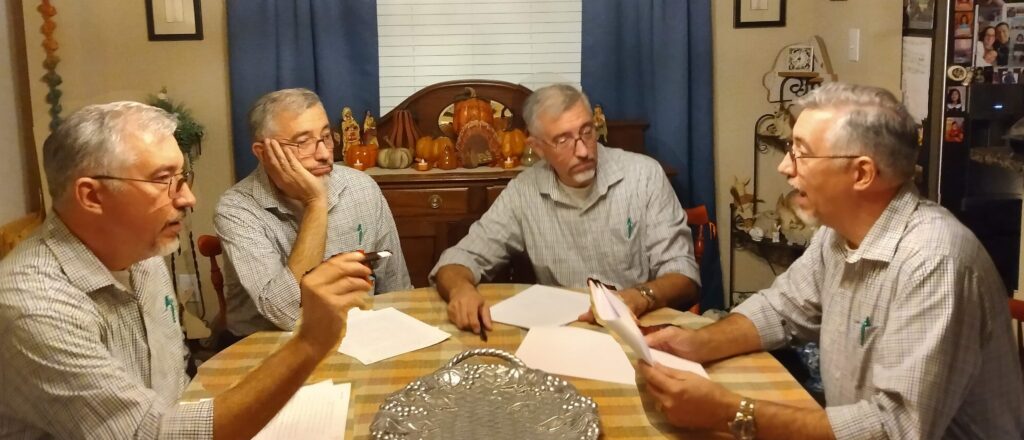

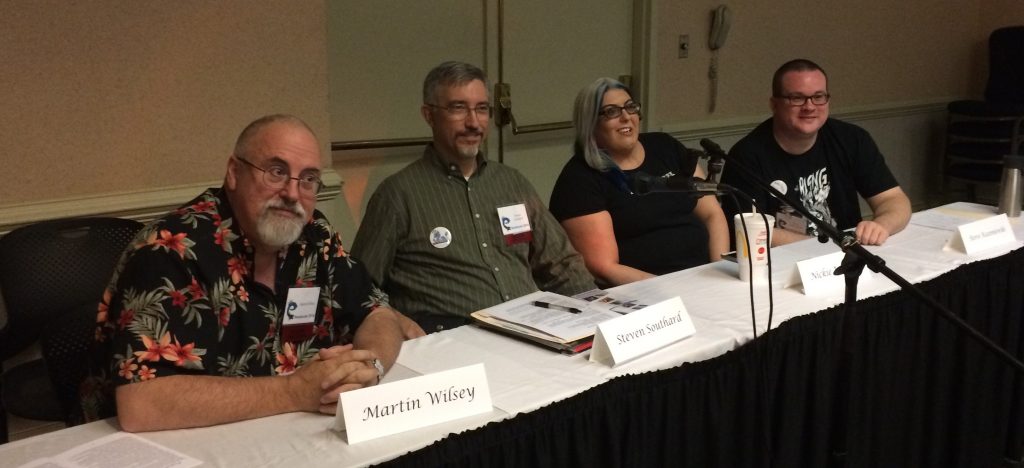

 At my book reading, I read the entirety of “The Cats of Nerio-3,” my story from the recently published anthology
At my book reading, I read the entirety of “The Cats of Nerio-3,” my story from the recently published anthology 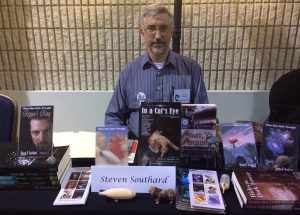 I had a fine time at the book signing later Saturday night. For one of the copies of
I had a fine time at the book signing later Saturday night. For one of the copies of  That schedule is subject to change. I’ll post any changes here as I find out about them. There are many other things to see and do at Chessiecon, other than attending my panels, readings, and signings.
That schedule is subject to change. I’ll post any changes here as I find out about them. There are many other things to see and do at Chessiecon, other than attending my panels, readings, and signings.